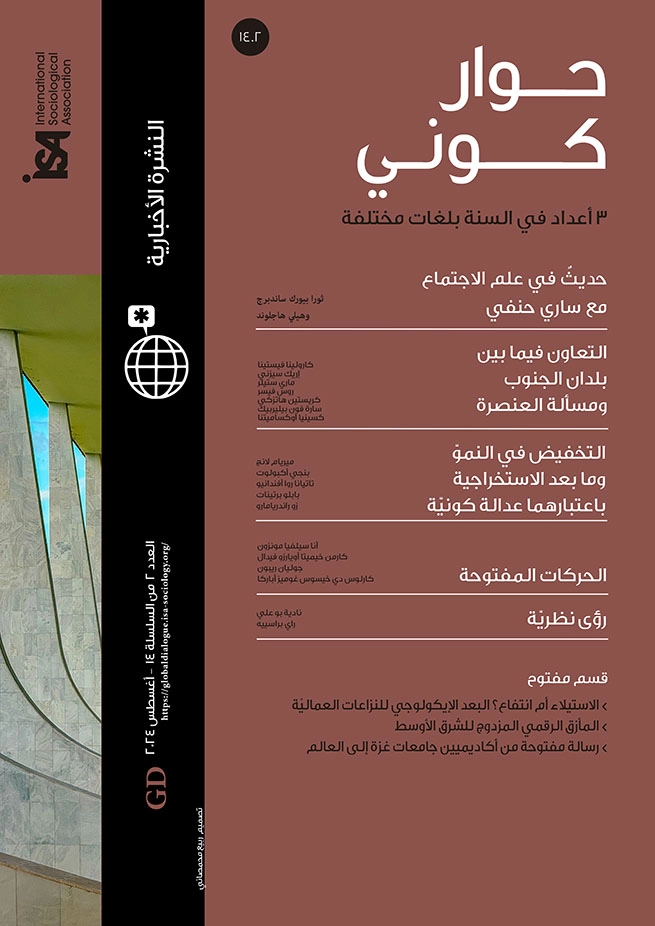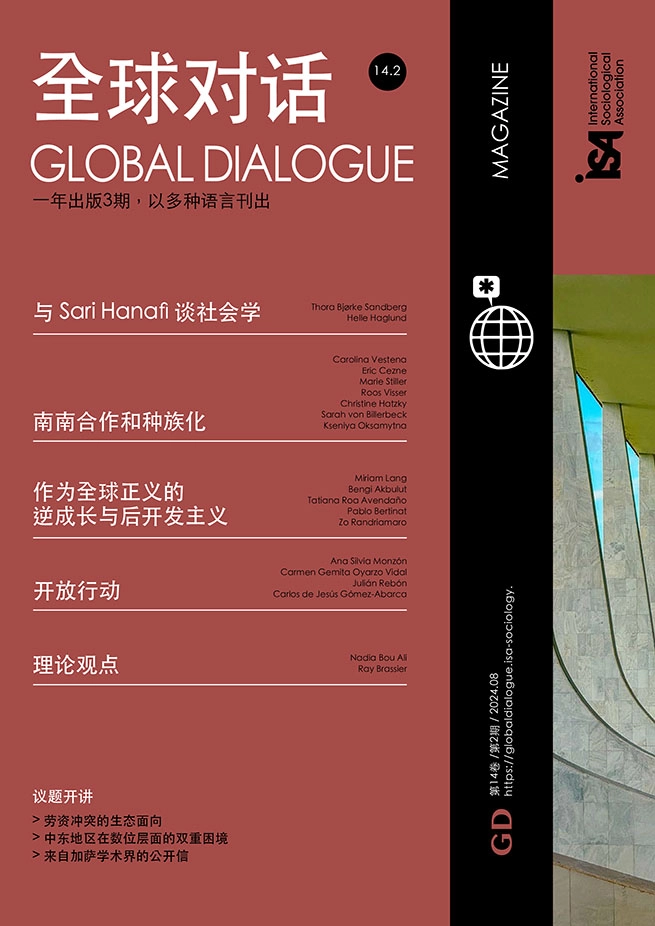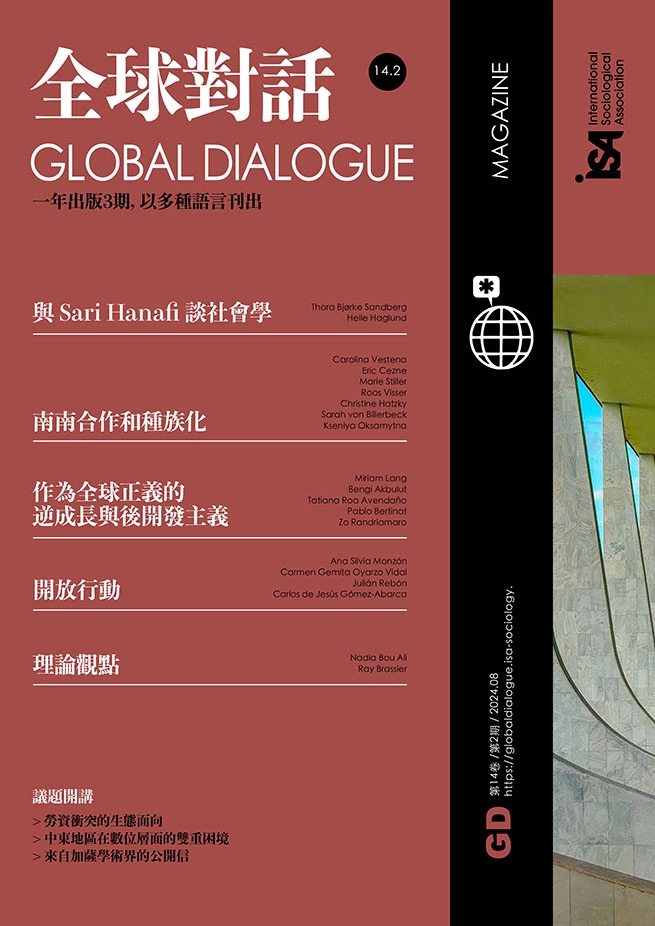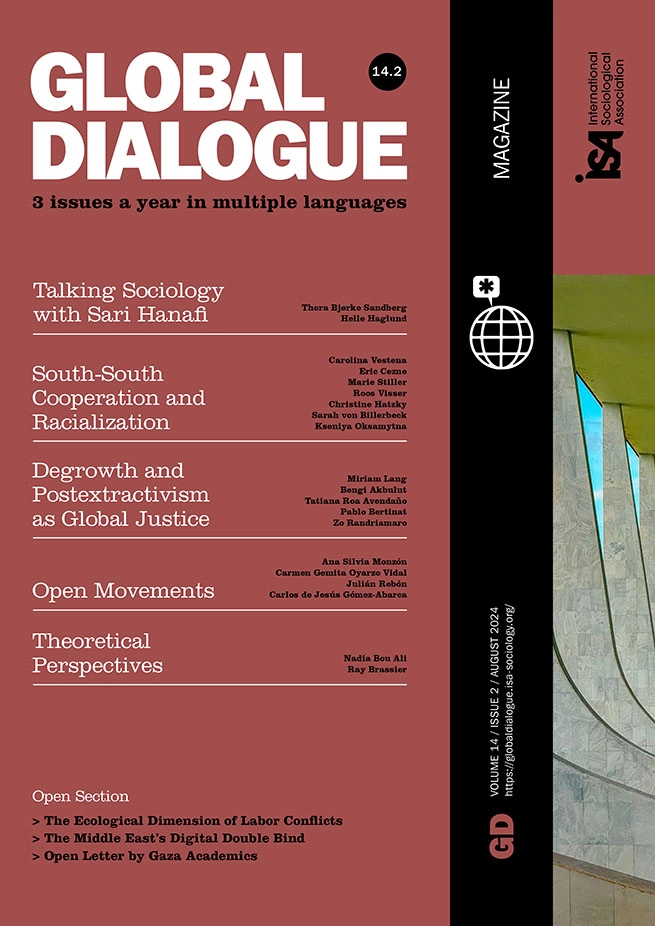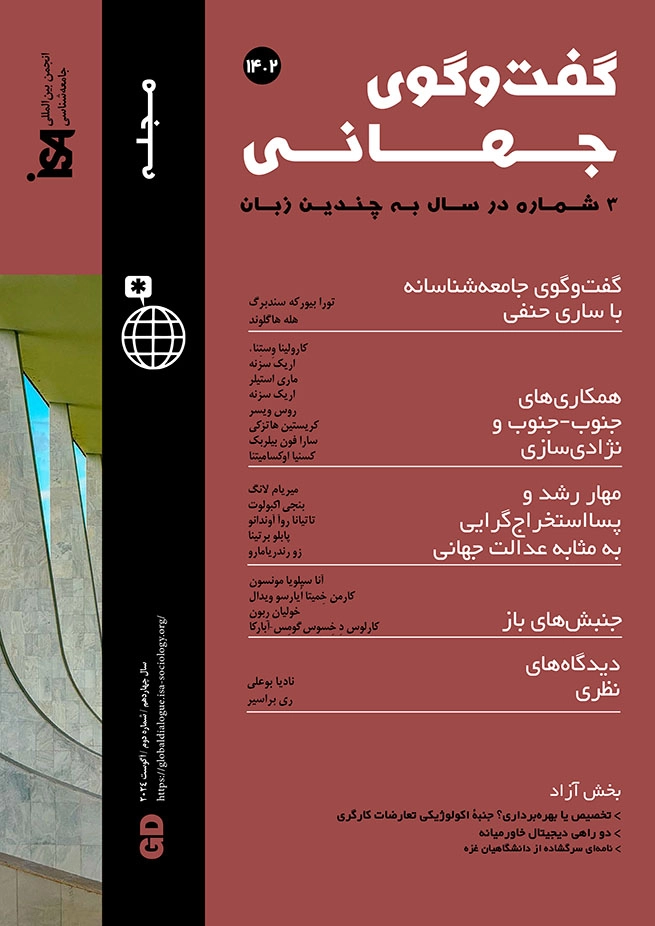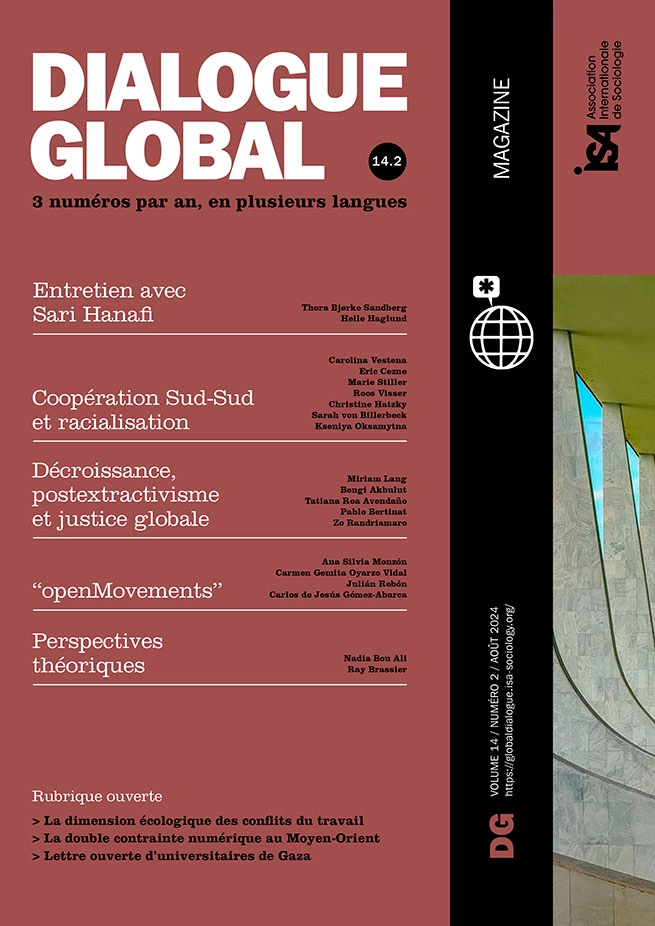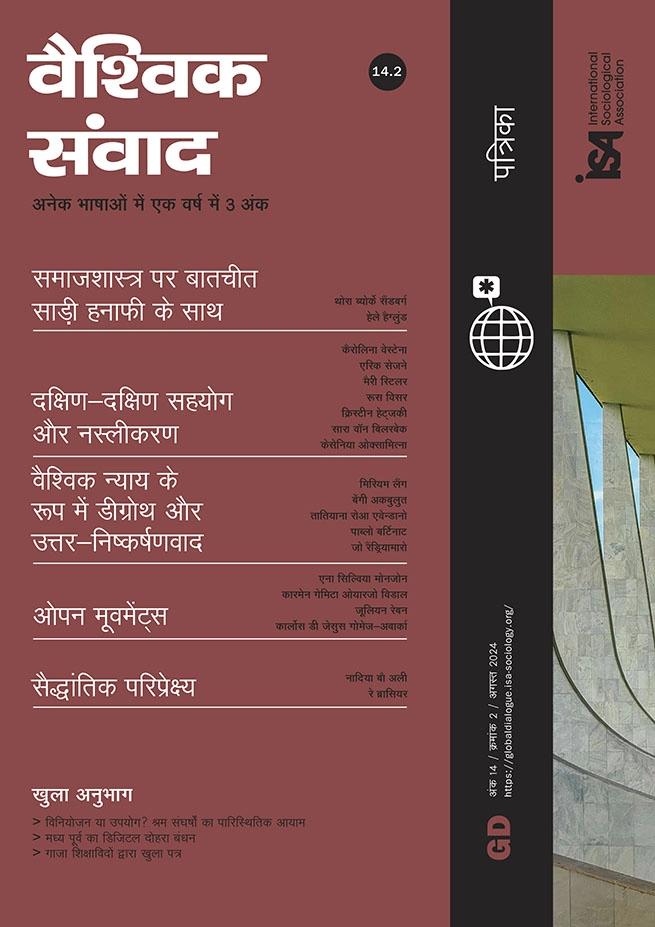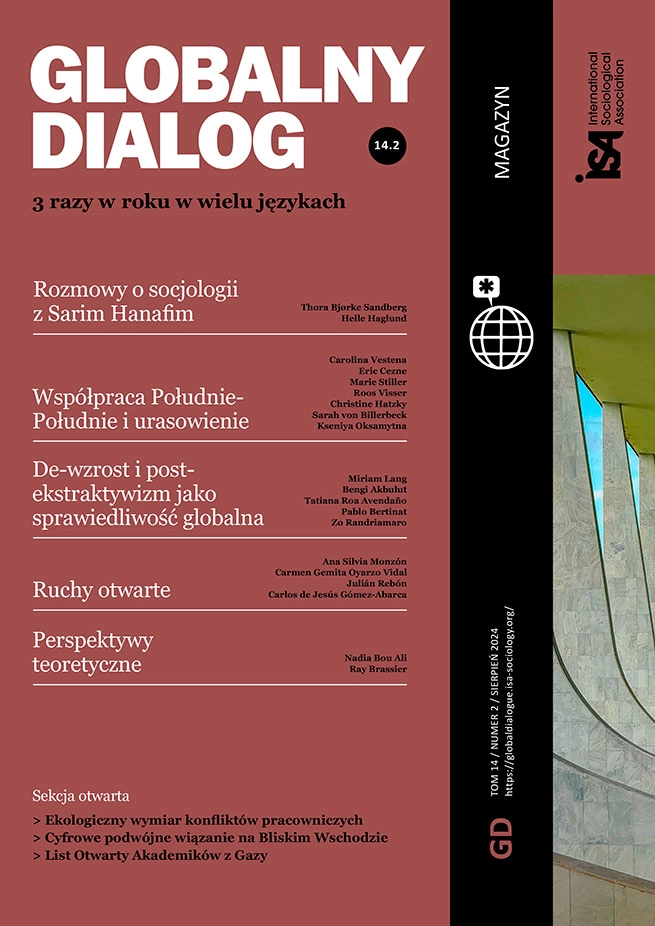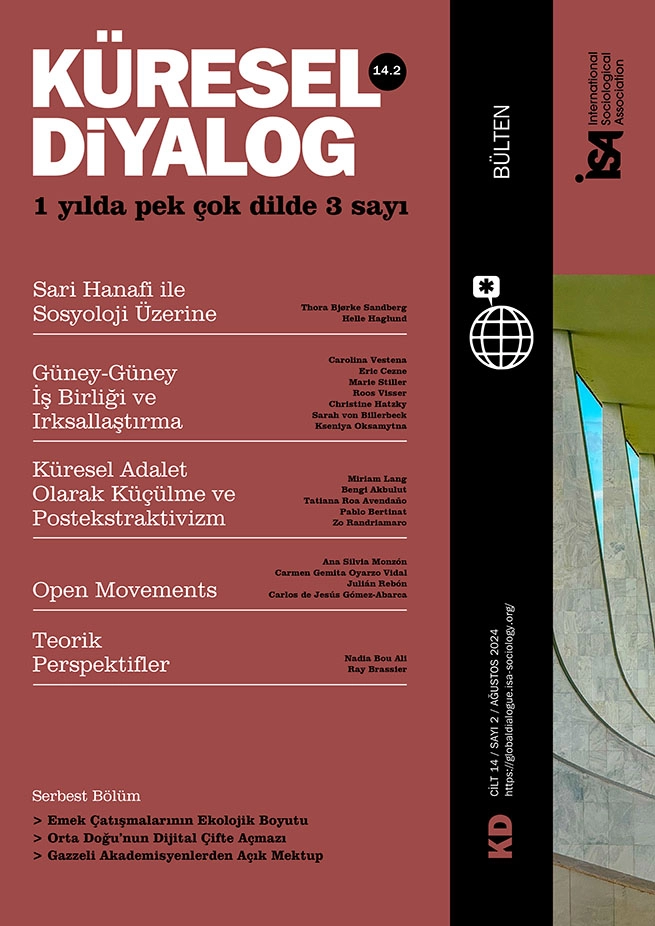The Middle East’s Digital Double Bind

July 15, 2024
The Arab Middle East is undergoing a significant digital transformation, opening up new avenues for economic growth, social change, and political empowerment. Whether it is the adoption of e-government, telehealth, or e-courts, the digital metamorphosis has been a disruptive force, altering long-held practices and reinvigorating sectors that have been deemed unfit for change. Successful regional startups such as the ride-hailing app Careem, ambitious high-tech urban development projects such as Neom, and grand initiatives such as the One Million Arab Coders are a testament to the region’s efforts to leverage all things digital. More countries in the region are working to adopt the knowledge economy by investing in digital infrastructure (e.g., satellite, fiber optics, next-generation networks) to achieve digital readiness, crafting comprehensive digital plans, and launching various initiatives.
Regional disparities and underlying tensions
But the Middle East has yet to experience the digital uniformly. The region exhibits notable disparities, with some countries fully embracing the digital transformation while others lag. Uneven access to technology and varying levels of digital literacy exacerbate existing inequalities, creating multiple digital divides within the region. These considerations remind us that digital transformation is not just about adopting new technologies. It entails navigating the complex interplay between technological innovation and societal change, which defies glib prognostications about the Middle East’s transformation.
While digital advancements offer unprecedented opportunities, they also introduce added challenges. Characterizing the Middle East’s immersion in the digital is a growing tension between the impulse for change and resistance to it. This disjuncture ensnares the region in a double bind in which the adoption of digital technologies both enhances change and maintains the existing stasis. The very same possibilities that digitalization makes a reality are a source of apprehension for many economic players, social actors, and political regimes as they face the digital double bind, compelling them to simultaneously harness technological capabilities while exerting control over the digital sphere.
Grasping these complexities requires us to move the debate away from what people do with technologies and to explore the disjunctures and tensions resulting from state, market, and public digital immersion. Instead of dissecting digitality, we ought to examine sociality.
Between modernization and resistance
Historically, the Middle East’s relationship with technology has been intertwined with its engagement with modernization (al-asrana) and efforts to grapple with modernity (al-hadatha). From the colonial era to the present day, the region has both embraced and resisted technological change. Such ambiguity reflects how technological adoption is linked to intricate sociocultural and political dynamics. Consider, for instance, Saudi Arabia. The kingdom’s resistance to the introduction of television in the 1960s and its apprehension toward adopting the Internet in the 1990s are matched only by its drive to lead in the ownership of television industries and to promote a robust digital media sector, from transnational satellite channels and thriving gaming studios to global digital investments and homegrown startups.
All along, the adoption of technology has brought challenges. For newly independent states, the advent of discourses on technological dependency was a rallying cry against Western influence and power, which sat side by side with the realization that access to Western technology figured prominently in their modernization efforts and development plans. In the current era of high industrialization, economic pressures, rapid change, and fast urbanization have made the transfer of technology and expertise more pressing for the region.
The appeal of such a development path has endured even as the technology itself has evolved. In recent decades, with the full force of globalization and the advent of digital capitalism, the pursuit of modernization has shifted focus from technology transfer in traditional sectors to digital transformation. In this evolving context, adopting the knowledge economy has become the hallmark of a bid to achieve economic growth and societal change.
Shared aspirations and uneven development
In practice, though, these efforts are uneven at best. While some countries (e.g., Yemen, Sudan, Syria) are flagrantly lacking in terms of information and communication technology (ICT) infrastructure and digital readiness, others (e.g., Gulf states) have embraced the digital wholeheartedly, investing in next-generation networks and building smart cities. Where some countries (e.g., UAE, Qatar, and Saudi Arabia) figure prominently on the global digital performance and readiness charts and are emerging as digital powerhouses, the region’s early adopters of the Internet (e.g., Tunisia) are falling behind in terms of digital transformation. Meanwhile, Middle Eastern countries recognized as being rich in information technology (IT) talent (e.g., Jordan) have not evolved into regional digital/IT hubs.
While poor infrastructure is often associated with low economic indices and/or restrictive political cultures, it is not always the case. Therefore, caution must be exercised against considering a typology of the digital based solely on infrastructural, economic, or political variables. Various factors – including historical, cultural, and societal contexts – significantly shape a country’s digital landscape and readiness. Thus, a nuanced understanding is essential for comprehensive analysis and effective policy formulation.
The immersive digital turn
Even where the deficiencies are being overcome, the Middle East’s immersion in the digital is mired in a tension between a growing impetus for change and resistance to that very change. This is the digital double bind the region is caught in. While adopting and adapting digital technologies propels the state, market, and public into an immersive digital sphere, such an endeavor paradoxically impedes the region from gaining momentum for substantial change, perpetuating a state of stasis.
Effectively, states embrace the digital while walling off the Internet from their citizens. They seek to develop knowledge economies that thrive on innovation and creativity while refusing to relinquish clientelistic economic systems based on privilege and entitlement. They promote a startup culture while maintaining a hierarchal, risk-averse business culture.
Yet, amidst these complexities, it is essential to recognize that change and stasis are not mutually exclusive. The Middle East’s development path is characterized by both continuity and transformation, reflecting the intricate interplay between technological progress and entrenched sociocultural, economic, and political dynamics.
Mohamed Zayani, Georgetown University, Qatar <mz92@georgetown.edu>
Joe F. Khalil, Northwestern University, Qatar <jkhalil@northwestern.edu> / Twitter: @JoeKhalil

